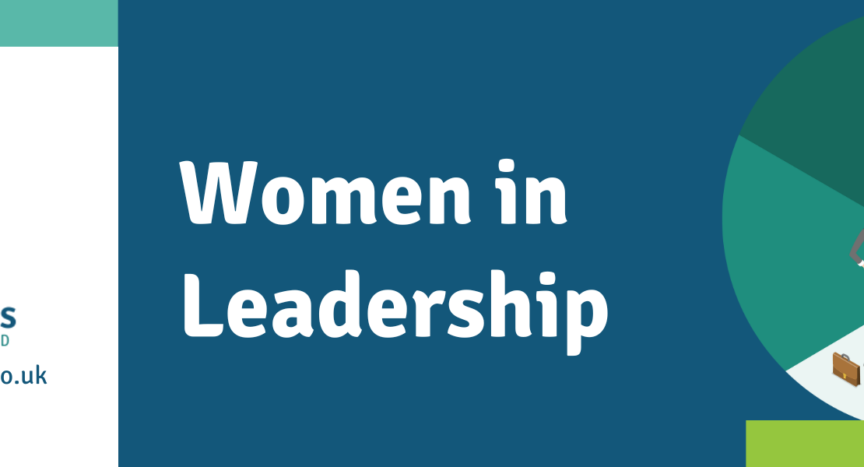Effective leadership is a skill that should not be determined by gender. It is solely based on one’s performance and ability to manage conflicts, efficiently communicate within the team, and maintain a positive work relationship which is regardless of gender.
In 2020, a study conducted by McKinsey & Company showed that companies with more women on their boards are 21% more likely to perform better in terms of profitability.
There have been various studies conducted which show that women leaders often possess exceptional leadership style and qualities like empathy and inspiration which results in a positive outcome which results in job satisfaction and organisational performance.
There have been studies that even show that women are more inclined towards ethical behavior like fairness, transparency, and integrity when in leadership positions.
In 2018, The Center for Creative Leadership conducted a study called “Advancing Women in Leadership” where it was found that women leaders often score higher on competencies critical for leadership success like taking initiative, practicing self-development, and driving for better outcomes in comparison to men.
Effective leadership is not influenced by the gender of the individual but with the complex interplay of many factors like the individual quality that one possesses. However, gender biases in the appointment of women in higher-level positions in an organisation have always been a concern.
There has been a significant improvement in addressing gender equality, but the business continues, which has a tremendous effect on women’s career growth in the corporate world.
In recent years, Women have been breaking traditional barriers and contributing to leadership roles in various sectors but there still needs to be a fairer approach to gender equality in leadership positions. The challenge remains that women are still not considered to be the right fit for the boardrooms.
Women in higher positions bring a broader perspective and experience to the table which leads to better decision-making and problem-solving.
Appointing women in leadership roles is an extremely important step to inspire young women and break down gender barriers for the upcoming generations. Addressing this issue in an organisation is not just about fairness but also about implementing strategies that recognise an individual’s full potential. Not just in appointment at higher positions, achieving pay equality is also another significant issue. Women tend to earn less than men in the same position.
Transparency would play a crucial role in reducing these biases towards men. Being transparent about the entire process of evaluating the qualification and performance of the individual would lead to fewer unconscious bias decisions in favour of men. This would also mean everyone in the organisation has equal access to information about the criteria for advancement in the organisation and performance expectations.
It is time now that we realise the importance of women in leadership positions and raise awareness to drive a change in this by promoting gender equality and implementing policies in various sectors.
Gender equality is the talk of the hour in the workplace and society as a whole.





